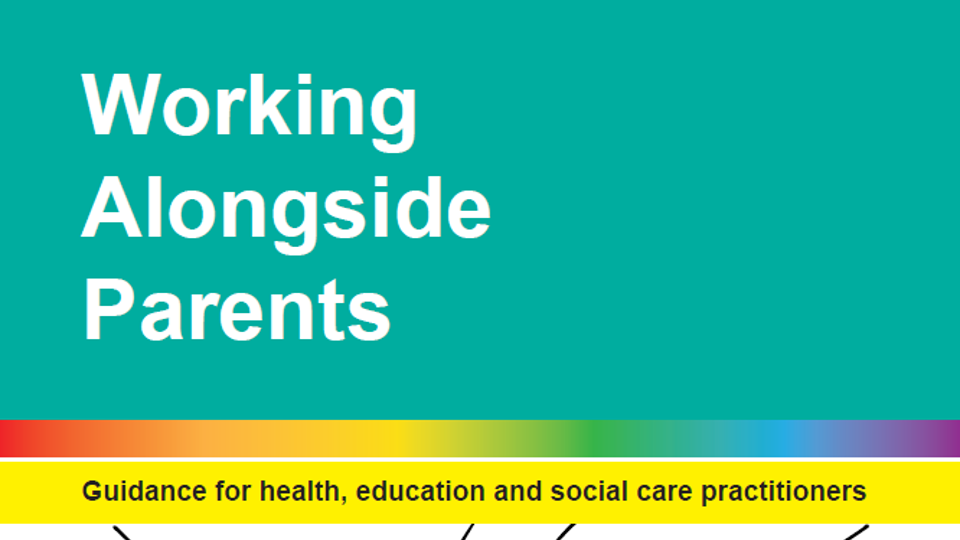Personal passports
Easy read version: Easy Read personal passport information
A personal passport – sometimes called a patient passport – is a helpful document for children, young people, and adults with autism, ADHD, or other neurodivergent profiles. It can make a big difference by improving how informed, person-centred, and responsive the care and support they receive is.
If you or your child is receiving support, it’s a good idea to complete a personal passport and share it with the professionals involved in your care.
What is a personal passport?
A personal passport is a simple, accessible way to share key information about a person’s needs, preferences, and the best ways to support them. It helps health, education, and social care professionals understand how to:
- Communicate clearly and effectively
- Make reasonable adjustments
- Ensure the person’s voice is heard and respected
- Provide safe, appropriate care and support
Passports are particularly useful in situations where time is limited, such as appointments or emergencies, and can help reduce anxiety and misunderstandings.
Completing a passport
You can fill in a personal passport yourself or with support from someone you trust. It’s helpful to involve the person the passport is about, where possible, and to speak with others who know them well – like family members, teachers, or support workers.
We’ve included links to some example passports at the end of this page, which you may find useful as templates.
Keeping it up to date
It’s important to review and update the passport regularly – especially if needs or circumstances change. This helps ensure that everyone has the most accurate and helpful information when providing support.
Sharing and using the passport
You can share the passport with anyone involved in your or your child’s care and support. This could include:
- Teachers and SENCOs
- Social workers and support workers
- Receptionists and administrators
- Doctors, nurses, dentists, or other healthcare staff
- Emergency services, like the police or ambulance crews
The passport can be used during planned appointments and in emergencies. It contains vital information that helps others understand how to provide good, safe, and respectful care.
You can print a copy to bring to appointments, or ask someone to print one for you. In some cases, professionals may ask you to email a digital copy so they can store it safely on their system and access it when needed.
Practitioner guide
NHS Cheshire East Place, Cheshire East Parent Carer Forum and national disability charity Contact have worked alongside parent carers to produce guidance for health, education and social care practitioners in Cheshire East. The guide offers practical advice, supported by real-life experiences, to help them work more effectively with these families. Encouraging practitioners to use this guide may be helpful to you and them.
-

Working Alongside Parents
Guidance for health, education and social care practitioners